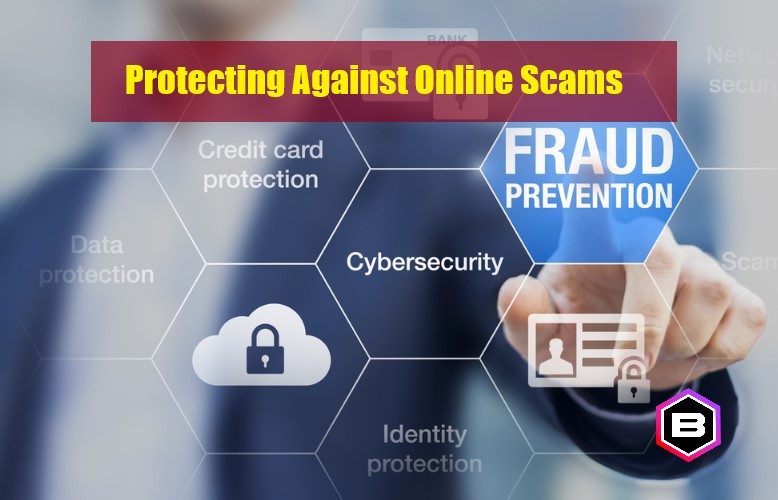Businesses face a multitude of threats, with online scams ranking among the most pervasive and damaging. From phishing attacks to ransomware, cybercriminals are becoming increasingly sophisticated in their tactics, posing significant risks to the integrity and security of your business.
In this guide, we’ll explore actionable strategies to fortify your defenses and shield your business from the perils of online scams.
Educate Your Team
One of the most effective defenses against online scams is education. Ensure that all employees, from top executives to entry-level staff, receive comprehensive training on identifying and mitigating cyber threats.
Teach them to recognize common scams such as phishing emails, suspicious links, and fraudulent websites. Encourage a culture of skepticism and vigilance when it comes to online communications.
Implement Robust Security Measures
Invest in cutting-edge cybersecurity solutions to safeguard your business’s digital infrastructure. This includes robust antivirus software, firewalls, and intrusion detection systems.
Regularly update these defenses to stay ahead of emerging threats and vulnerabilities. Additionally, consider implementing multi-factor authentication (MFA) to add an extra layer of security to your accounts and systems.
Establish Secure Password Practices
Weak or compromised passwords are a leading cause of security breaches. Encourage employees to create strong, unique passwords for each account and regularly update them.
Consider using a password manager to securely store and manage login credentials. Additionally, enforce password policies that require a combination of uppercase and lowercase letters, numbers, and special characters.
Beware of Phishing Attacks
Phishing remains a prevalent tactic used by cybercriminals to trick individuals into revealing sensitive information or downloading malicious software.
Teach employees to scrutinize email addresses, URLs, and message content for any signs of deception. Advise them to refrain from clicking on suspicious links or downloading attachments from unknown senders. Implement email filtering solutions to automatically detect and quarantine phishing emails before they reach employees‘ inboxes.
Backup Your Data Regularly
In the event of a ransomware attack or data breach, having secure backups of your critical business data can be a lifesaver. Regularly backup your data to secure, offsite locations such as cloud storage platforms or dedicated backup servers.
Ensure that backups are encrypted and regularly tested to verify their integrity and accessibility.
Stay Informed About Emerging Threats
The cybersecurity landscape is constantly evolving, with new threats and vulnerabilities emerging regularly. Stay informed about the latest developments in cybersecurity by following reputable industry news sources, attending webinars, and participating in cybersecurity forums.
Consider partnering with cybersecurity experts or consultants to conduct regular risk assessments and penetration testing to identify and address potential vulnerabilities proactively.
Enforce Strict Access Controls
Limiting access to sensitive systems and information is crucial for minimizing the risk of unauthorized access and data breaches. Implement role-based access controls (RBAC) to restrict employees’ access to only the resources and information necessary for their job responsibilities. Regularly review and update access permissions as employees change roles or leave the organization.
Encourage Open Communication
Foster a culture of open communication where employees feel comfortable reporting any suspicious activity or security concerns. Establish clear channels for reporting incidents, such as a dedicated email address or a confidential reporting hotline. Promptly investigate and address any reported incidents to prevent them from escalating into more significant security breaches.
Final Words
By following these proactive measures, you can significantly reduce the likelihood of falling victim to online scams and protect the integrity and reputation of your business. Remember, cybersecurity is an ongoing process that requires continuous vigilance and adaptation to stay ahead of evolving threats. By prioritizing cybersecurity and investing in robust defenses, you can safeguard your business against the ever-present dangers of the digital world.

